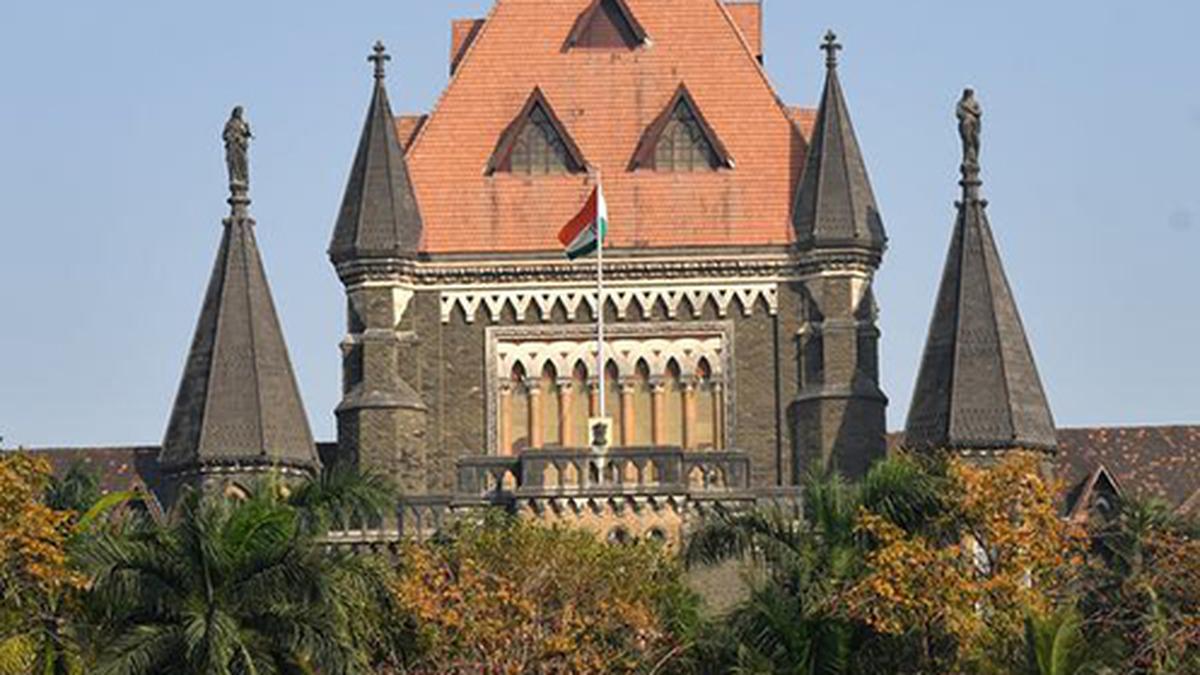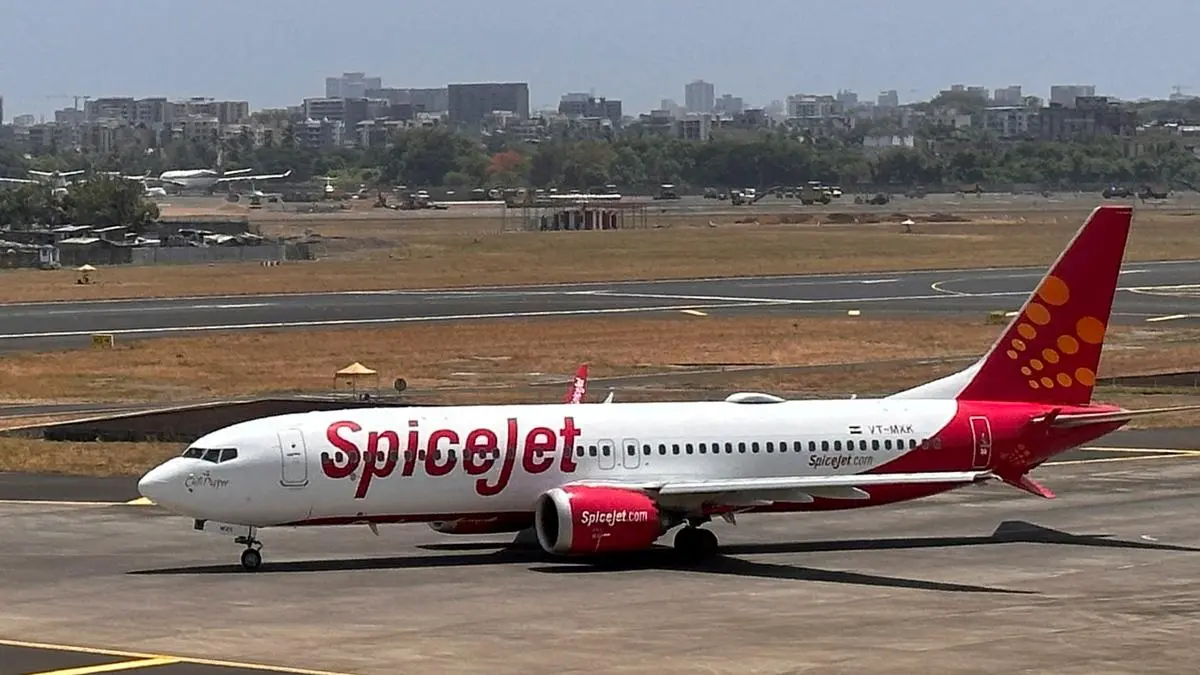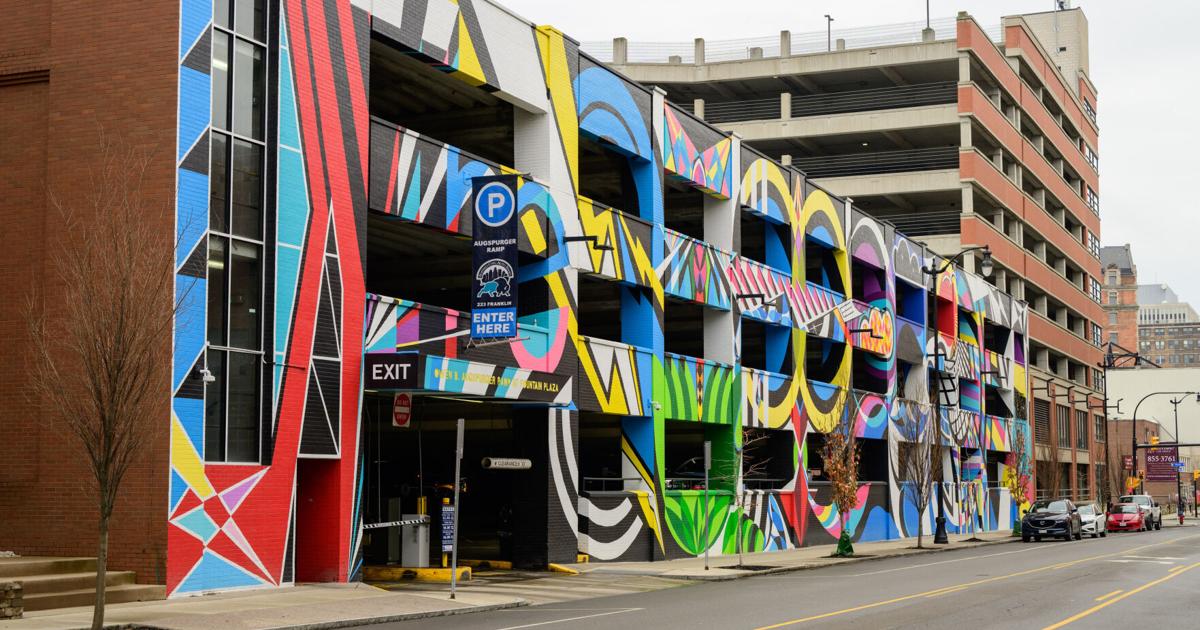By The Hindu Bureau
Copyright thehindu

The Bombay High Court on Thursday (September 18, 2025) issued notices to seven persons acquitted in the 2008 Malegaon blast case, acting on an appeal filed by family members of the victims who died in the explosion.
A Division Bench of Chief Justice Shree Chandrashekhar and Justice Gautam Ankhad also issued notices to the National Investigation Agency (NIA) and the Maharashtra government, directing that they be served within two weeks. The appeal is posted for further hearing after six weeks.
Also Read | ‘Strong suspicion, no legal proof’: Why all 7 accused in 2008 Malegaon bomb blast case walked free
The appeal challenges the special NIA court’s July 31, 2025, judgment acquitting the accused, former BJP MP Pragya Singh Thakur, Lt. Col. Prasad Purohit, retired Major Ramesh Upadhyay, Ajay Rahirkar, Sudhakar Dhar Dwivedi alias Swami Amrutanand Devtirth, Sudhakar Chaturvedi, and Sameer Kulkarni, of all charges.
During the hearing, petitioners’ advocates Mateen Shaikh and Shahid Nadeem submitted that details of appellants had been filed, except for appellant numbers 1 and 6.
Appellant 1, Nisar Ahmed Haji Sayyed Bilal, whose son Sayyed Azahar died, was not examined as a witness but had been allowed to intervene during trial. Appellant 6, Shaikh Ibrahim Shaikh Supdo, father-in-law of deceased Shaikh Rafique, filed the appeal on behalf of Rafique’s widow, Noor Jaha, a pardanashin woman.
Other appellants include Shaikh Liyaqat Mohiuddin (father of deceased Farheen), Shaikh Ishaque Shaikh Yusuf (brother of deceased Mushtaq), Usman Khan Ainullah Khan (uncle of deceased Irfan), and Mushtaque Shah Haroon Shah (son of deceased Haroon).
Asked about legal basis, counsel relied on Section 2 of the Bharatiya Nagarik Suraksha Sanhita (BNSS), which defines “victim” to include guardians, and the 2009 amendment expanding victim rights. They also cited the recent Supreme Court ruling in Khem Singh v. State of Uttaranchal (31 July 2025), which held that close relatives and guardians of deceased victims fall within the ambit of “victim.” The Bench, however, clarified that the BNSS was not applicable in this matter and interpretation had to be under the earlier Code.
The appeal filed by the petitioners argued that a faulty investigation cannot be grounds for acquittal, stressing that conspiracies are hatched in secrecy and rarely supported by direct evidence. It said the trial court wrongly acted as a “post office” and failed to fill in gaps in the prosecution’s case.
The Bombay High Court on Tuesday (September 16) said filing an appeal against acquittal in the 2008 Malegaon blast case is “not an open invitation for all,” as it sought clarity on the role of petitioners challenging the special NIA court’s decision. On Wednesday (September 17), the court adjourned the hearing after finding the details about the appellants’ relationship to the deceased confusing and incomplete.
The special NIA court presided by Judge A.K. Lahoti had acquitted the accused, holding that mere suspicion could not replace proof and that the prosecution had failed to establish guilt beyond a reasonable doubt.
The trial court noted multiple loopholes in the investigation, extended benefit of doubt, and discharged the accused of charges under Sections 307, 324, 427 IPC; Sections 16 and 18 of the UAPA, 1967; and Sections 3 to 6 of the Explosive Substances Act, 1908.



